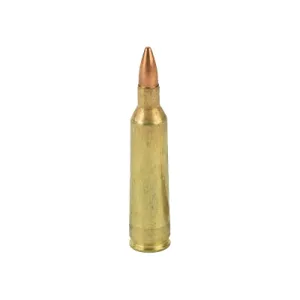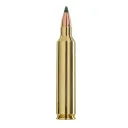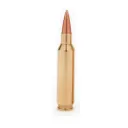Head to Head Comparison


0 Reviews
0 Reviews

0 Reviews
0 Reviews


0 Reviews
0 Reviews

0 Reviews
0 Reviews
MSRP:
$0.00Used Price:
$0.00New Price:
$0.00MSRP:
$0.00Used Price:
$0.00New Price:
$0.00Height
1.91
1.92
Average FPS
3787
3650
Average Grain
51
55
Average Energy
1624
1627
Recoil
0.90
0.90
Ballistic Coefficient
224.44
235.00


.204 Ruger vs .22-250 Remington


.22-250 Remington vs .222 Remington Magnum


.22-250 Remington vs .222 Remington


.22-250 Remington vs .223 Remington (5.56x45mm NATO)


.22-250 Remington vs .220 Swift


.22-250 Remington vs .225 Winchester


.22-250 Remington vs .25-06 Remington


.22-250 Remington vs .250 Savage


.22-250 Remington vs 22 Nosler